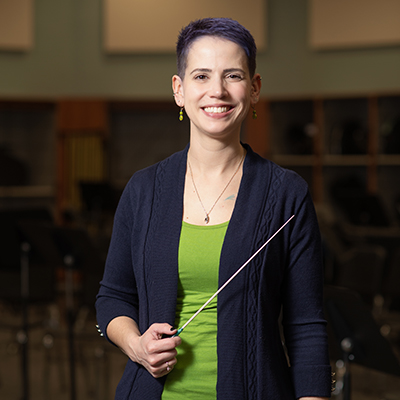My View: Eyes Wide Shut

By Robyne Muray
In a recent professional development that I attended in my district, the presenter discussed how our biases can distort our intentions and lead to inequity. I had a flashback of a time when I was an offender—when my unconscious bias directed my interaction with a student.
Many educators have been facing up to similar uncomfortable truths this year amid a societal reckoning around race and a global pandemic that has shone a spotlight on inequities. That’s why I wanted to address the subject in this series on teaching during the time of coronavirus.
A couple of the many requirements of being a teacher is to present best instructional practices and innovative ways of thinking. I have always believed that my instruction was driven by cultural responsiveness and the student voice.
Before the shutdown, I was tasked with teaching a seminar to English Language Learners at Lansing Eastern High School. It was very interesting getting to know the make-up of the building’s ELL student population. More than 40 languages were spoken by students from diverse parts of the world—including many Africans.
My first misconception was in believing I would automatically identify with African students because I was African-American. I believed that I could understand my students because I grew up in a country that considered me as the cultural other based upon the color of my skin, but of course that is an American Peculiar-Institution perspective. I did not know my students’ culture, customs or practices before their arrival into my classroom.
My bias appeared during a Socratic round when it was time to present probing questions. I called upon a student to respond. As he began to answer, I asked him, “Why are you not giving me eye contact when talking to me?” The young man glanced as if I had confused him. Of course, he stopped responding. When the bell rang, students left the room and I sat in my chair to review what took place. All I could think of was my cultural upbringing. My parents told me to always look someone in the eye when speaking: “Our ancestors could not, but you are not a slave; be proud of your being.”
The next day, I asked the young man to privately address what caused the disconnect between us. He told me about his cultural customs and practices. In his country you showed respect to your elders, and you did not look them in the eye because you were not on their level. I apologized and said that in my culture, eye contact was important as a subtle symbol of equality.
Afterward I pondered my own “blind spot” and the importance of anticipating circumstances in which our bias can skew behavior. I put new systems in place in my classroom. The first was having a conversation with students about unconscious bias and asking them to please make me aware if I have offended or caused a breakdown in communication. In return, we made the conscious effort to learn about each other as individuals through the practice of collaboration for perspective.
As educators we have so much to think about in trying to do our jobs in these strange and difficult times. Simply taking attendance has become time-consuming and complex.
It’s challenging to attend to our biases when the workload is heavy and the students are literally more distanced from us, but it’s as important now—if not more so—for us to prioritize this work. Young people’s access to educational opportunity depends in part on our willingness to continue discovering and confronting our own shortcomings.
Does identity influence how we respond to students? Deconstructing my unconscious bias required me to expose myself and review my educational practices so my actions are aligned with my intention.
Robyne Muray is a Lansing high school teacher participating this year in the district’s Aspiring Leaders program. She was the 2018-19 Michigan Region 6 Teacher of the Year.


